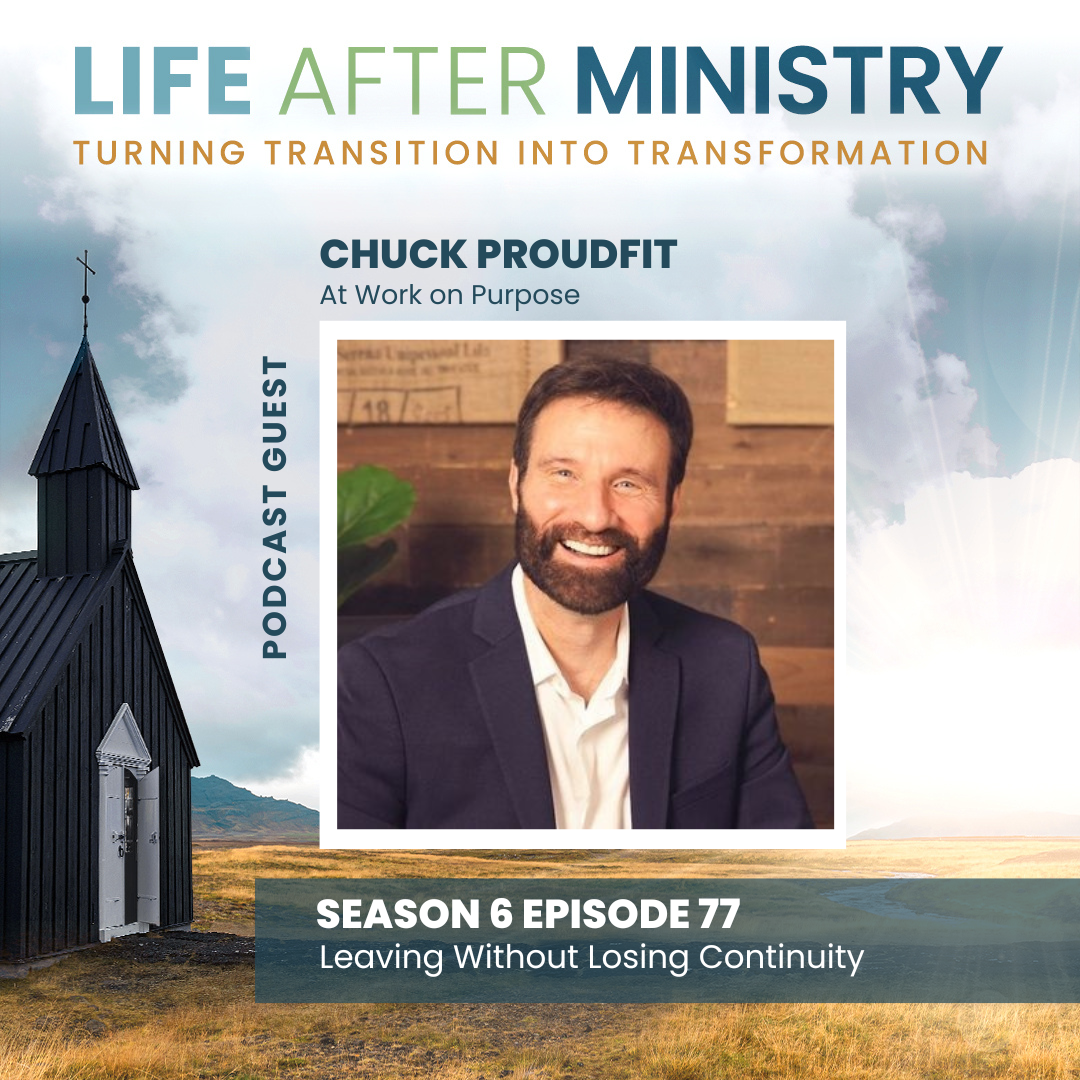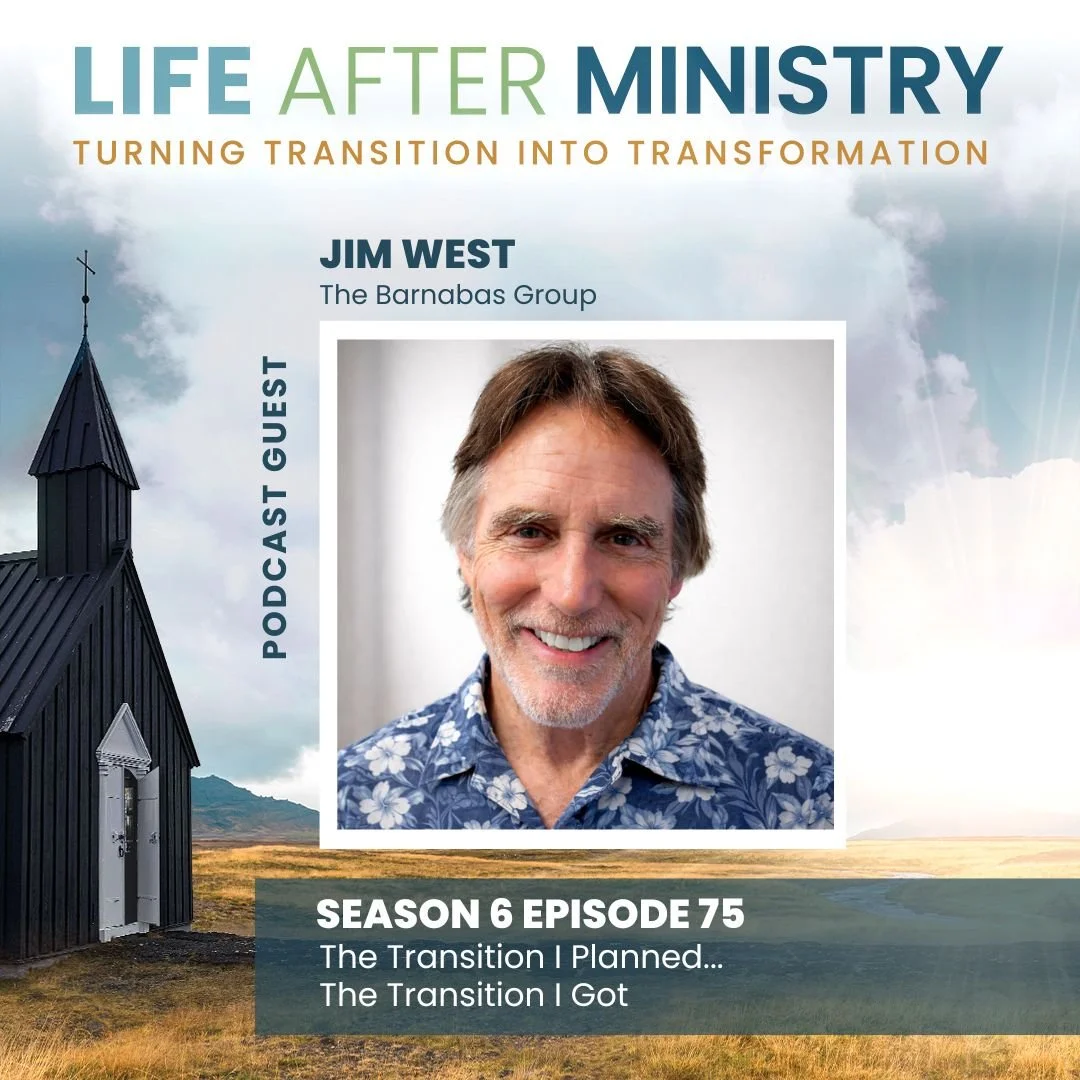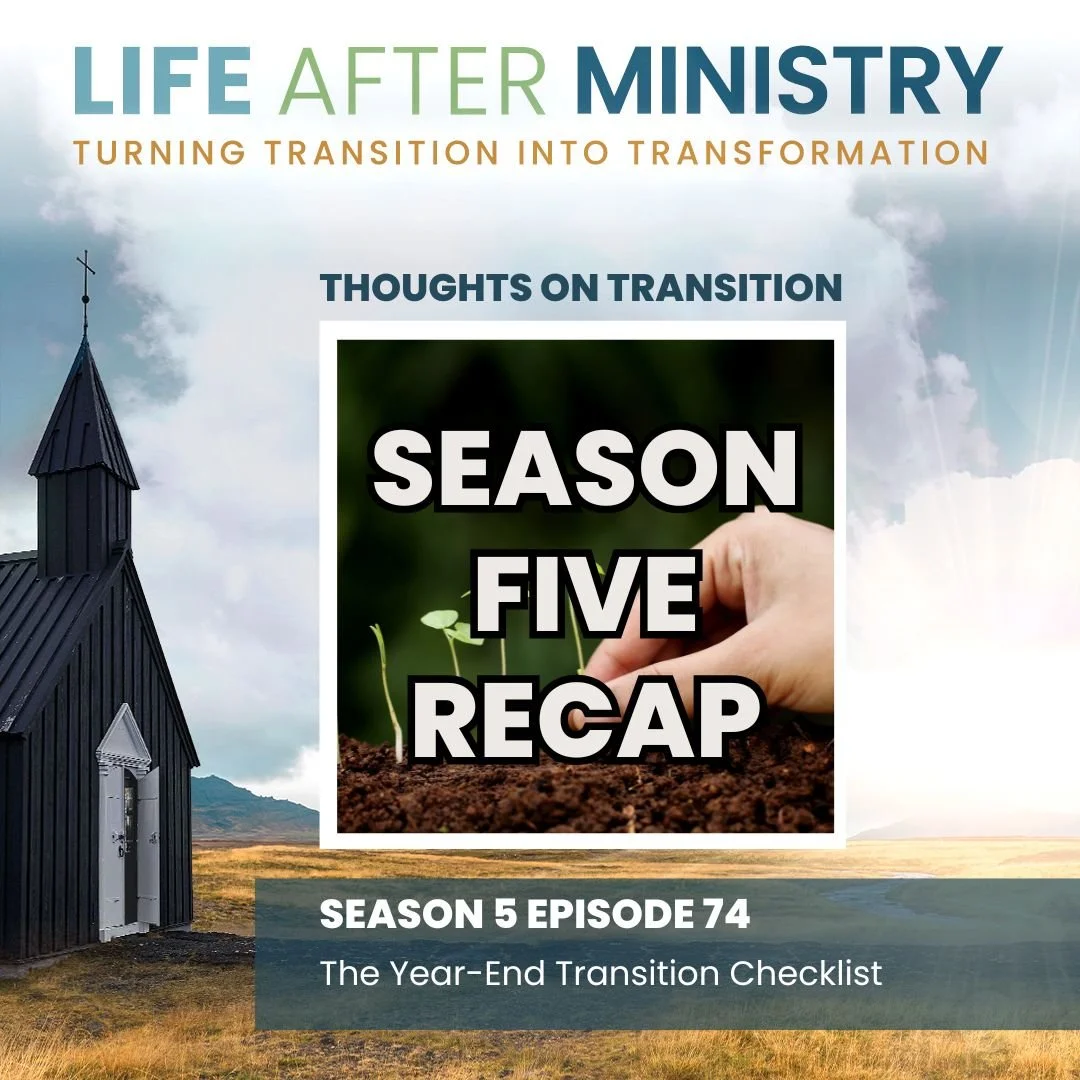Ministry Leadership Successions: The eHarmony Approach to Selecting the Perfect Next Leader
Let’s be honest, some ministry successions feel like a bad blind date.
You get through the awkward intro, make it a few months in, and realize: we don’t really know each other. Worse yet? Everyone around the table starts noticing the tension too. The staff feel it. Donors sense it. Congregants disengage.
All because the "match" wasn’t actually a match.
In our work with churches, nonprofits, and Christian-led organizations, we’ve seen this mistake play out more times than we can count: a new leader selected for their resume, platform, or charisma - but not for their alignment with the culture, theology, or long-term vision of the ministry.
It’s not just a hiring issue. It’s a legacy issue.
When Succession Turns into Speed Dating
Too often, the process of selecting the next leader looks like ministry speed dating. Quick interviews. Flattering references. Everyone on their best behavior. You want it to work, so you overlook the signs that it might not.
But selecting a successor isn’t just about compatibility on paper. It’s about:
Calling and capacity
Chemistry and culture
Vision and values
When evaluated well, the resulting ideal successor profile describes the leader that fits the ministry needs for it to thrive. This isn’t an arranged marriage. And it’s definitely not a quick swipe to the right. It’s being determined in finding someone that matches the leader criteria coupled with spiritual discernment, emotional intelligence, and practical wisdom; not unlike a rigorous process to finding the ideal mate.
That’s why we jokingly call it the eHarmony approach.
Why eHarmony?
Back in the early 2000s, eHarmony flipped the script on online dating. Instead of superficial profiles and random swipes, they built a compatibility system rooted in shared values, communication styles, conflict resolution, and long-term alignment.
They asked better questions. And because of that, they created better matches.
That’s what succession planning needs: better questions.
Ministries are relational at their core. They are built on trust, shared stories, unspoken expectations, and deeply held convictions. So when you’re inviting someone new into leadership, you’re not just hiring a person, you’re inviting them into a narrative that’s already been unfolding for years.
Great Matches Start with Great Questions
Before you ever open a search, start with clarity:
What is the actual role we’re hiring for - not just by title, but by function and weight?
What is the vision for our organization for the next 5 years?
What leadership traits are needed to lead us there?
What kind of leader thrives in our culture - and what kind burns out?
Where do we need to be stretched by someone new, and where do we need alignment?
It’s astonishing how many boards can’t clearly articulate what kind of leader they need next. Often, it’s an emotional mix of “not too different” and “exactly what we used to have” - which is a recipe for frustration and confusion.
Instead, create a profile that accounts for theology, leadership style, team chemistry, capacity, spiritual maturity, and conflict handling. Who does this person need to be in order to love your people and carry the mission forward?
What Happens When You Skip the Compatibility Test
Without these conversations, most teams default to one of three bad outcomes:
The Clone: They try to replicate the outgoing leader to keep everyone comfortable.
The Star: They hire based on popularity or platform, hoping to boost visibility.
The Wild Card: They gamble on potential without clarity or alignment.
Each of these can fracture a ministry.
The clone may lack the innovation needed for the next chapter. The star may bring too much ego or not enough depth. The wild card may have no real shot at long-term success.
We’ve seen each of these play out firsthand. Clones often burn out when they realize they can’t fill the emotional shoes of a beloved predecessor. Stars may bring momentum, but without cultural buy-in, their leadership can feel disconnected or performative. And wild cards, however sincere, can struggle under the weight of mismatched expectations.
How to Build a Better Matching Process
A thoughtful succession process includes:
Internal discovery: Getting honest about who you are and what you need.
Discernment over urgency: Refusing to rush just to fill the seat.
Guided conversations: Asking better questions of both the organization and the candidate.
Relational interviews: Creating space to see how real interactions unfold over time.
Here are a few ways we help ministries take the right next step:
Facilitated vision and identity retreats for boards and executive teams.
Role clarity exercises that define the real expectations of the next season.
Compatibility assessments that go deeper than skills into theology, chemistry, and spiritual formation.
Multi-session candidate walkthroughs with real-time feedback from key stakeholders.
What to Look For (and What to Name Early)
Part of what derails successions is what’s not said.
We help ministries name:
Cultural wounds from the last season that haven’t been healed.
Hidden power dynamics or expectations that need surfacing.
Unrealistic timelines that don’t give space for true discernment.
Internal biases that may cloud the board’s decision-making.
Naming these doesn’t weaken your process—it strengthens your ability to see clearly. It opens space for prayerful, strategic, and relational discernment. And it gives candidates the dignity of clarity.
X Not ÷ : Why the Right Match Multiplies
When a succession is done well, the incoming leader doesn’t compete with the legacy of the past. They carry it forward with clarity, humility, and momentum.
They don’t try to replace the last leader’s voice. They steward the ministry’s voice.
And the people? They breathe easier. They sense the unity. They get behind the mission.
Because this wasn’t a transaction. It was a calling.
That’s the kind of leadership handoff that multiplies your reach, not fractures it.
That’s what we mean by X not ÷.
Let’s Help You Find the Right Fit
Succession doesn’t have to feel like guesswork, or like gambling your future on a few good interviews.
We help ministries design a discernment process that honors the gravity of the moment while equipping you with clarity, support, and confidence in the path ahead.
Whether you're years away from a succession conversation or right in the middle of one, don’t settle for a surface-level process.
Let us help you build something deeper. Something lasting. Something that honors both the past and the future.
The right leader is out there. Let’s make sure they find the right fit - with you.
Bill Tom has spent over 35 years in marketplace leadership, serving in roles from HP design engineer to Silicon Valley executive and business owner. Alongside his corporate journey, he’s built Christ-centered communities in the workplace and founded FUSION Leaders to connect marketplace believers. Through his work in executive coaching and search, Bill began walking alongside displaced pastors - hearing their stories and recognizing the unique pain of ministry transitions. That compassion led to the founding of Ministry Transitions. He holds engineering and business degrees from UC Berkeley, Santa Clara University, and Golden Gate University. Bill lives in California with his wife, Linda, and is a proud dad of four artistic children.









